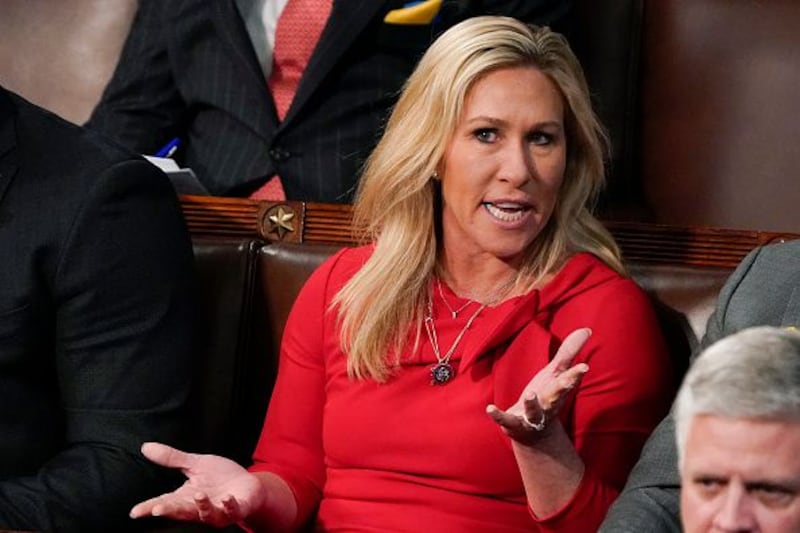ATLANTA — Atlanta’s Watershed commissioner admitted today that the city’s uncollected water and sewer bills are more than four times the national average for similarly sized cities. The total is currently almost $124 million dollars and has been over $120 million since at least May 2021. The city has been promising to launch a campaign to reduce that total for more than a year but still hasn’t pinned down a date when it will roll out the first step. That will be what the city’s calling an amnesty program.
[DOWNLOAD: Free WSB-TV News app for alerts as news breaks]
Channel 2 Investigative Reporter Richard Belcher has been digging through city water and sewer bills for more than five years. One city councilman says customers need to remember that using requires paying.
“We do all have to pitch in to make sure that paying your bills is not voluntary,” Utilities Committee Chair Howard Shook told committee members and Department of Watershed Management (DWM) officials today. Shook has been making that point for over a year without seeing many changes in the policies coming from Watershed.
TRENDING STORIES:
- Freddie Freeman fires agents that negotiated his Braves departure, according to ESPN
- Longtime manager of Atlanta rapper Ludacris among three people shot in Buckhead
- Former GA high school football standout found guilty of killing pregnant wife, mom
When we inspected a huge spreadsheet of unpaid water and sewer bills 13 months ago, the uncollected total was about $127 million, which is far more than other metro area water systems. But just last week it was little changed at $124 million. About two-thirds of that is owed by residential customers. Commissioner Mikita Browning acknowledges that Atlanta’s uncollected total compares poorly to water systems in other cities.
“I believe the industry standard’s about 7%, where we should be. We’re up close to 30 (%), so we’ve got some progress to make,” Browning told the committee.
One of her senior deputies said some of the bills may be wrong. He responded to a question from Councilman Dustin Hillis, who noted that one residential account is listed as owing $500,000.
“We’ve taken this time over recent months to actually work through all the accounts that look odd to us, that may have some issues with billing accuracy. So before we move to the point of shutting people off, we want to make sure that it’s a legitimate bill,” said Deputy DWM Commissioner Jonathan Williams.
Shook says everyone wants a “kinder, gentler” plan for reducing the uncollected total, but it may be difficult. “I think we all know there are corporations out there and people leave town and all of that, and they’re happy to leave us holding the bag,” Shook told the committee.
There is still some uncertainty about when the so-called amnesty starts. Browning says she hopes it will be within two to four weeks but wouldn’t be more specific. The department had promised a June 13 rollout but had to postpone it.
The amnesty is scheduled to run for 12 weeks and will use city facilities to focus on six areas of the city for two weeks each. Browning says the goal is to offer customers whose accounts are in arrears a chance to show up in person and work out a payment plan or tap into some of the available assistance.
And what if a customer who owes money doesn’t come in during the amnesty?
Browning and her deputy seemed careful to avoid being threatening, but on that point, Williams was blunt: “You can’t not show up and not pay,” he told the committee.
[SIGN UP: WSB-TV Daily Headlines Newsletter]
IN OTHER NEWS:
©2022 Cox Media Group





